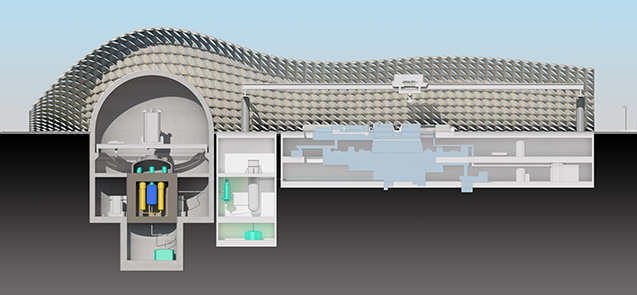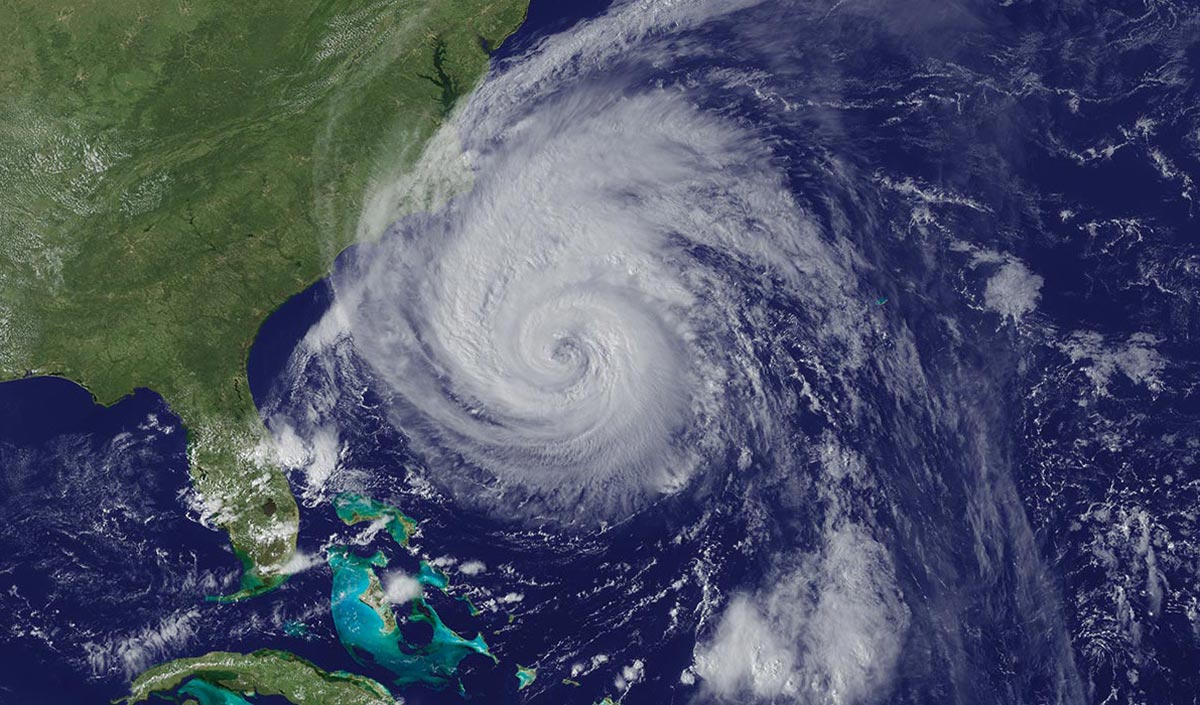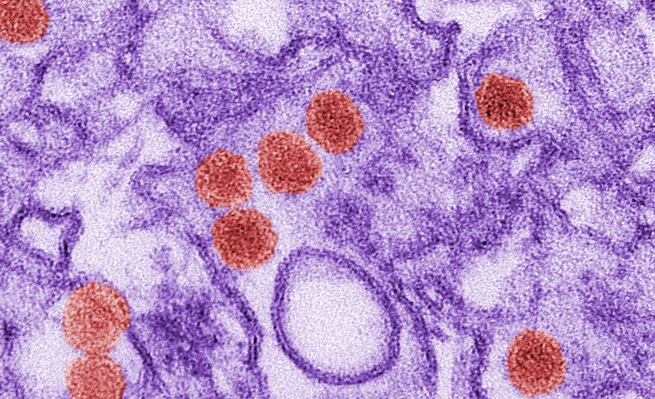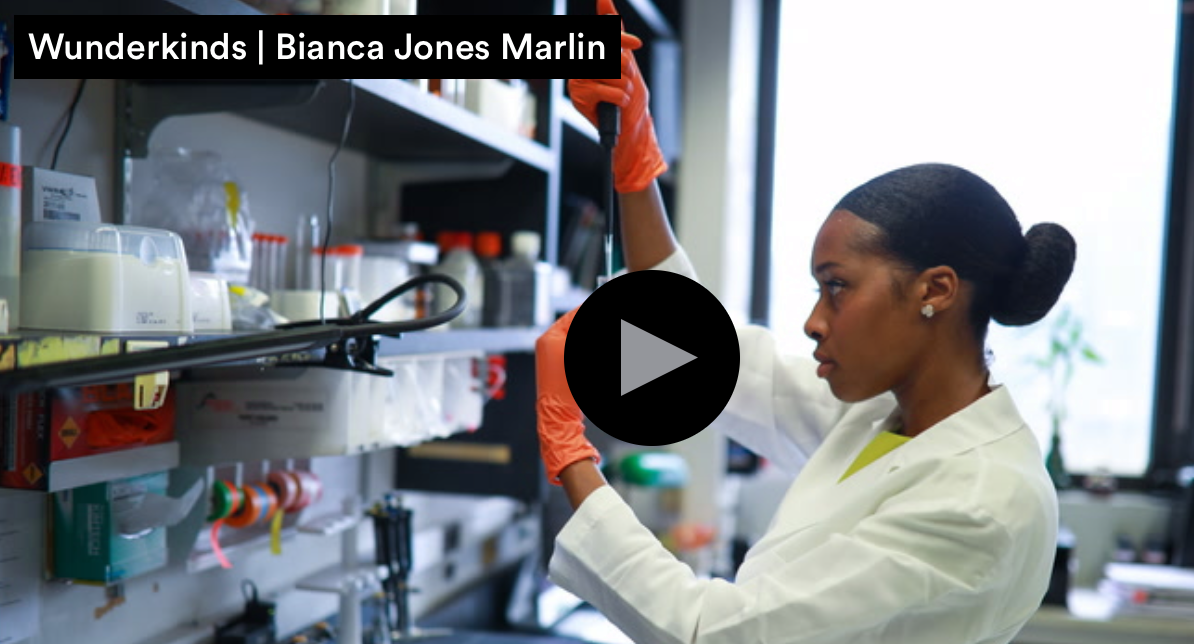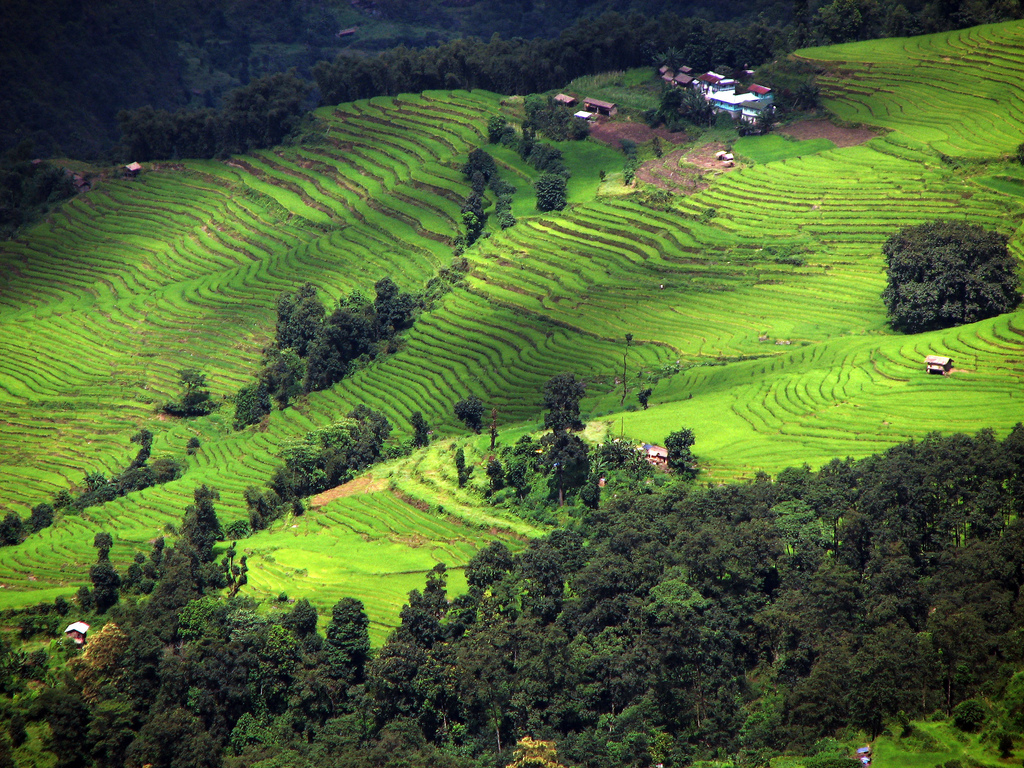November 9, 2017
Could New Nuclear Reactors Power America’s Low-Carbon Future?
A documentary featuring scientists from Columbia University's Earth Institute suggests next-generation reactors could be a safe and clean way to replace fossil fuels.
November 8, 2017
New Tech Talks Series Explores Faculty Research
A new Columbia Engineering series this new series brings together faculty and students for informal, open-ended discussions so students can learn first-hand about the pioneering research underway inside faculty labs.
November 8, 2017
For Zika Virus, Infecting Brains Isn’t A New Trick
New Zika research from Columbia University suggests that high rates of microcephaly in Brazil were not caused by new mutations in the virus, as previously believed.
November 6, 2017
‘Wunderkind’ Bianca Marlin Probes the Biology of Parenting
Bianca Jones Marlin, Ph.D., is among the first of a group of early-career North American scientists to receive a STAT Wunderkinds award, which recognizes the brightest young minds in life science.
November 6, 2017
New Statistical Method Will Help Identify Risk Factors for Dangerous Roads
Columbia researchers are working with the New York City Department of Transportation to identify key combinations of factors and intervention measures to predict where and when crashes are likely to occur.
November 6, 2017
Swapping Where Crops are Grown Could Feed an Extra 825 Million People
Redrawing the global map of crop distribution on existing farmland could help meet growing demand for food and biofuels in coming decades, while significantly reducing water stress in agricultural areas, according to a new study.
November 6, 2017
NASA Finds New Way to Track Smog by Satellite
Columbia University researchers have helped devise a way to use satellite measurements of the precursor gases that contribute to ozone formation to predict when and where ozone will form.

